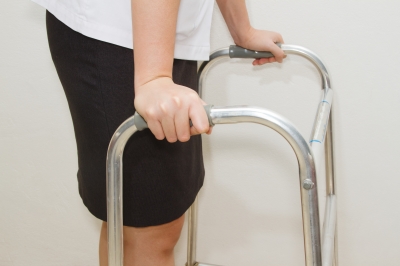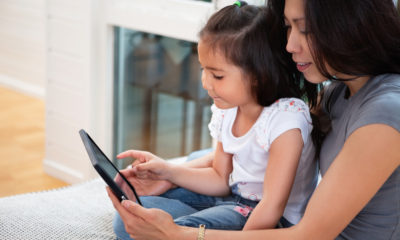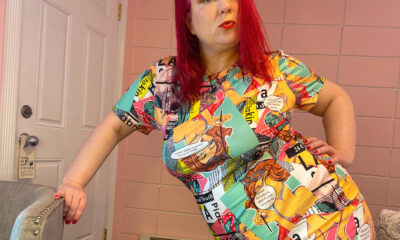

More in Sex Ed
-


Sex Ed
The Role of Sexual Health Education in Enhancing Long-Term Relationship Satisfaction
Research shows that comprehensive sex education programs have a positive impact on several outcomes, including reduced...
-


Reviews
Top Reasons to Hire Reliable and Reputable Escorts in Coventry
Discover the top reasons to hire reliable and reputable escorts in Coventry. Elevate your experience with...
-


Sex Ed
These AI-driven Sex Bots are Changing the Game
In recent years, the intersection of artificial intelligence (AI) and human desire has given rise to...
-


Sex Ed
Keeping the Spark Alive: Date Night Ideas for Busy Couples
Life can get pretty hectic indeed, and sometimes those cherished date nights with your partner frustratingly...
-


Reviews
Empowering Your Pleasure: Why Every Woman Should Own a Sex Toy
It’s no secret that the topic of female sexuality is often shrouded in shame and secrecy....
-


Sex Ed
The Importance of Sex Education in a Modern Inclusive Australia
In contemporary Australia inclusion and diversity have become highly valued, so the need for comprehensive and...
-


Reviews
The Importance of Sex Education for Kids
Parents around the world worry about their kids, and those in Australia are no different. Ensuring...
-


Sex Ed
Exploring the Benefits of Hiring Reliable and Reputable Escorts Near Me
A thorough comprehension of the nuances that characterize this diverse industry is necessary before venturing into...
-


Sex Ed
What It’s Like To Be An Adult Voice Actress
I feel like we’ve never lived in a better time to engage in sex work, and...
-


Sex Ed
Tips For Escort Beginners
I am very positive about the topic of escort and sex work and am in favor...











